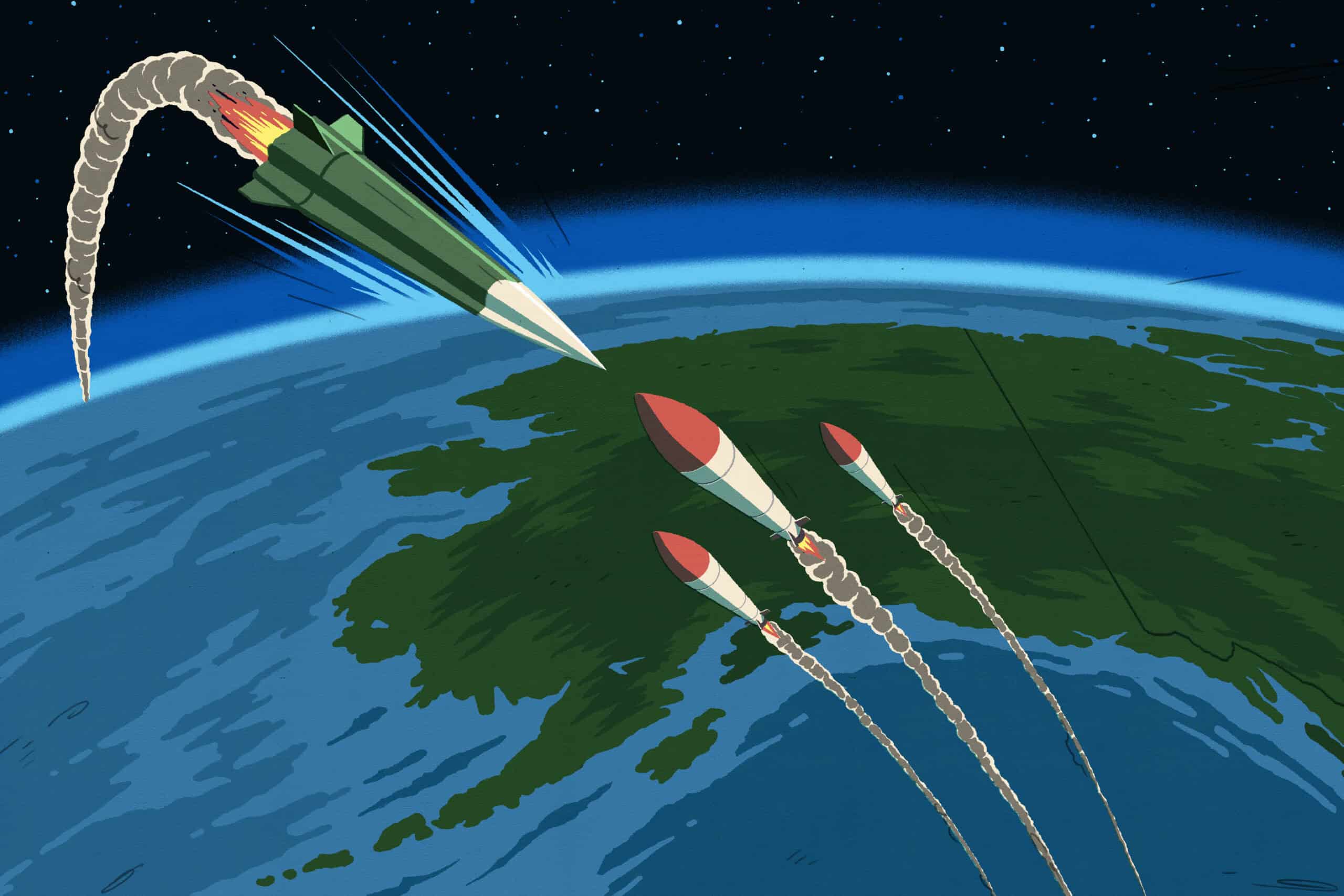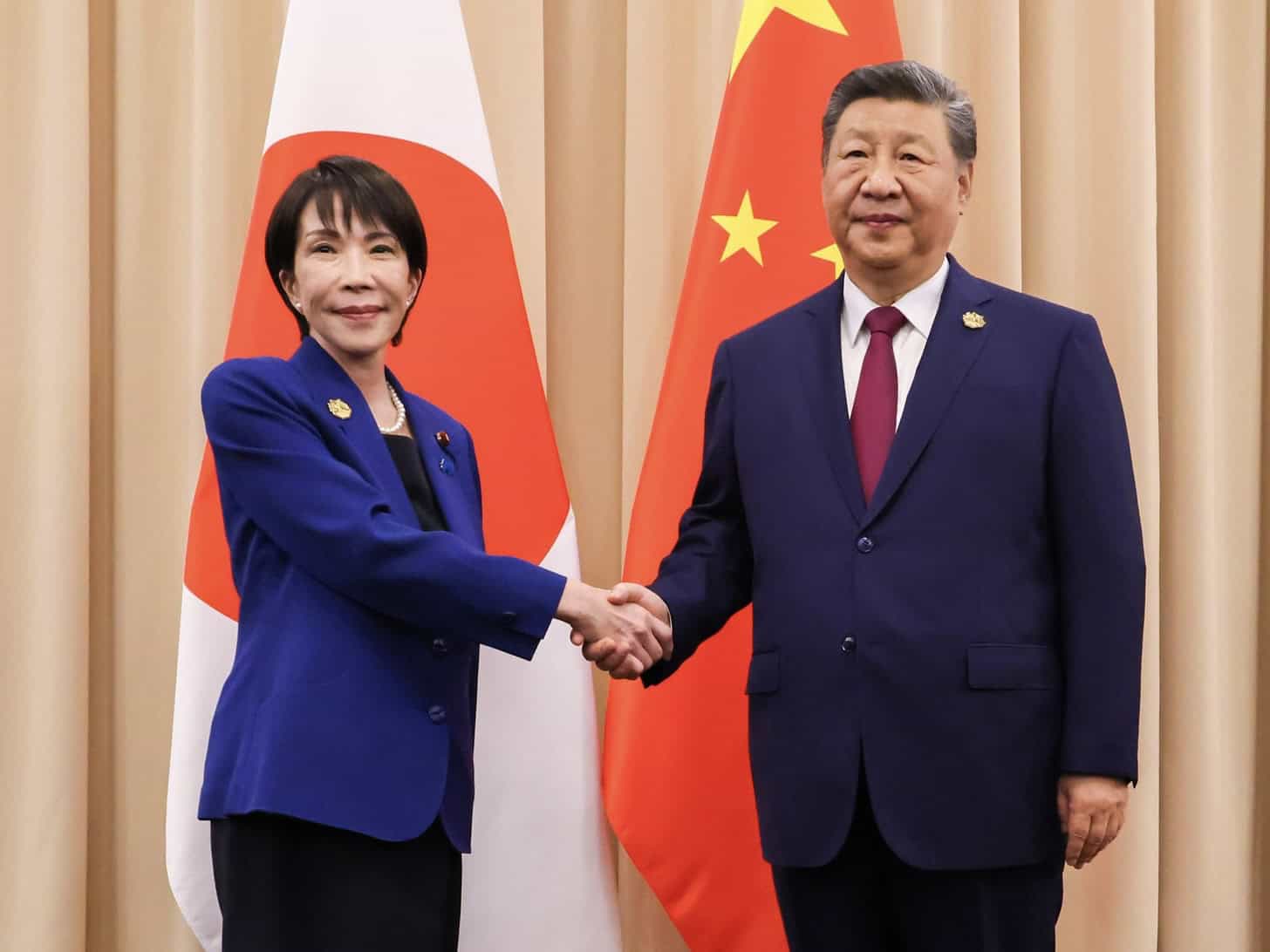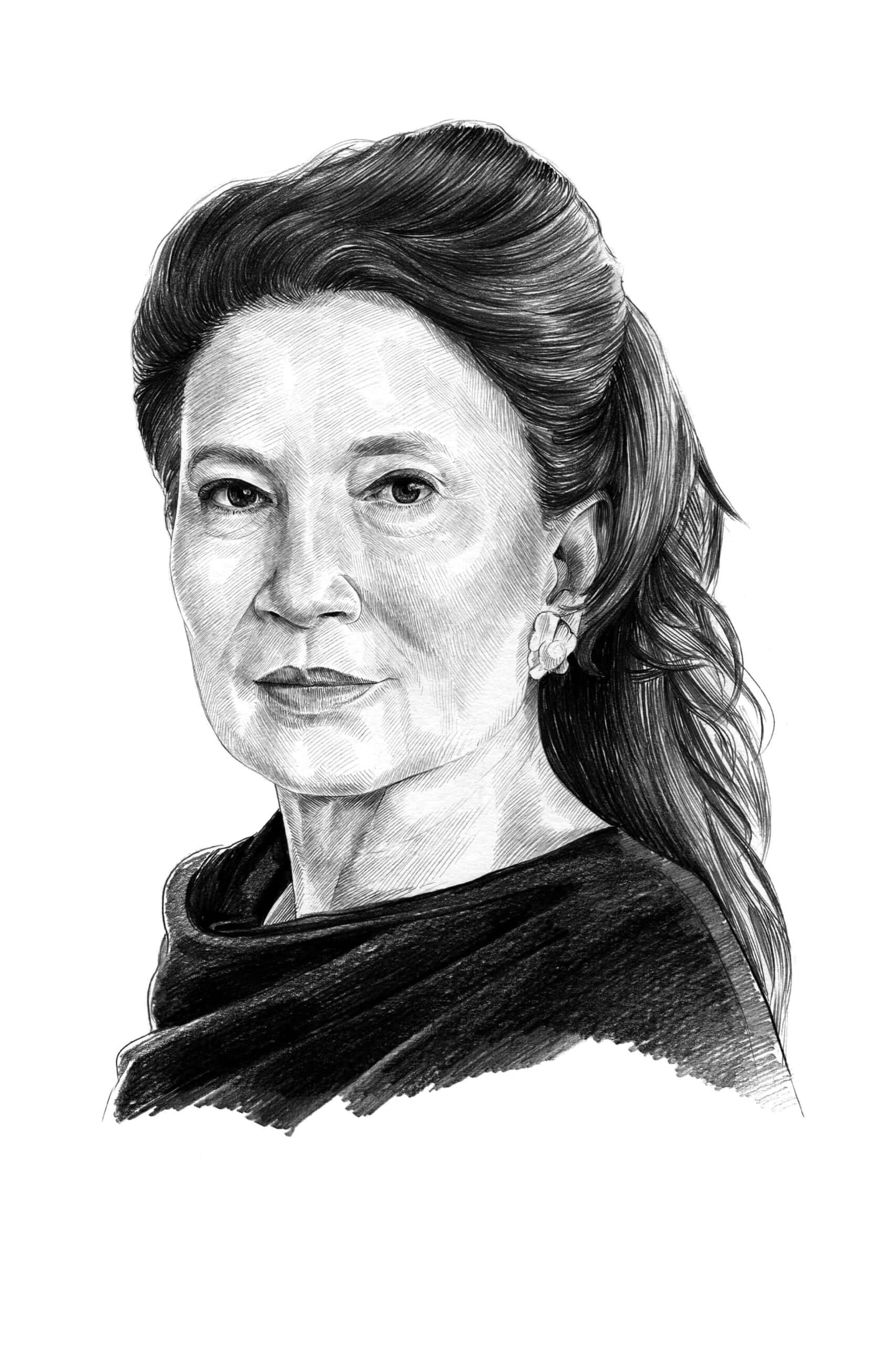As Special Assistant to National Security Advisor Henry A. Kissinger, Winston Lord traveled with him on his secret 1971 trip to China and then with President Richard M. Nixon the following year. He sat in on some of the most crucial meetings that led to China’s opening to the West, and brought the United States and China closer together, including every meeting that Presidents Nixon and Gerald Ford and Dr. Kissinger held with Chairman Mao Zedong, Zhou Enlai and Deng Xiaoping. He later served a
Stay ahead of U.S. export rules.
- Full coverage of Entity, MEU, and SDN lists
- Automatic ownership + control risk flags
- Enhanced due diligence on Chinese companies



